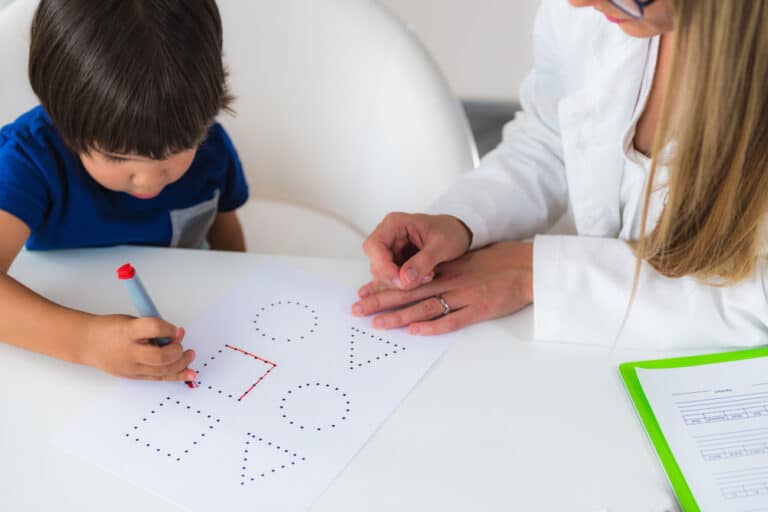As a parent, you want the best for your child and seeking therapy for them is a courageous and loving act. However, many parents may feel unsure about what to expect during therapy sessions or how to support their child’s progress outside of therapy. To help ease any concerns, here are 10 things your child’s therapist wishes you knew:
Therapy is a team effort. When your child begins therapy, it’s important to remember the therapist is not there to fix your child. Rather, they are there to work collaboratively with you and your child to address their emotional, social, or behavioral challenges. It’s important to establish a good working relationship with the therapist so you can work together to achieve the best outcomes for your child.
Consistency is key. Attending therapy regularly and on time is crucial for progress. It’s important to make therapy appointments a priority and to try to avoid canceling or rescheduling appointments. If you do need to cancel, give as much notice as possible. Consistency in attendance will help your child develop a routine and feel more comfortable with the therapy process.
Honesty is essential. In order for the therapist to provide effective treatment, they need to have a good understanding of your child’s situation. This means being honest with the therapist about your concerns and any changes in your child’s behavior or mood outside of therapy. The more information the therapist has, the better they can help your child.
RELATED: Admitting Your Child Needs More Help than You Can Give Is Brave
Progress may take time. It’s important to remember that therapy is not a quick fix, and progress may not always be linear. It’s important to celebrate small victories and be patient with the process. Your child’s therapist may recommend certain strategies or techniques that take time to show results. It’s important to be patient and trust the process.
It’s okay to ask questions. If you’re unsure about something, don’t be afraid to ask your child’s therapist for clarification. They are there to support and guide you and your child. Asking questions can help you better understand the therapy process and how you can support your child outside of therapy.
Your child’s privacy is respected. It’s important to know that what your child shares in therapy is confidential unless the therapist feels your child is in danger or at risk of harm. This means you can trust that your child’s therapist will respect their privacy and confidentiality.
Parent involvement is critical. Your child’s therapist may give you suggestions for activities or strategies to work on at home to reinforce what your child is learning in therapy. It’s important to be open and willing to participate. Parent involvement is critical to your child’s progress in therapy.
RELATED: Don’t Tell an Anxious Child to Calm Down—Help Them Do It
Your child’s strengths are just as important as their challenges. When your child is struggling with emotional, social, or behavioral challenges, it can be easy to focus on the negative. However, therapists work to help children build on their strengths and increase their resilience. Focusing on your child’s strengths can help build their confidence and self-esteem.
Be mindful of your language. The words we use to describe our child’s behavior can have a powerful impact on how they see themselves. Avoid using labels such as “bad” or “difficult” when describing your child’s behavior. Instead, use neutral language and focus on the behavior and how it can be changed. For example, instead of saying “you’re being bad,” say “what you did wasn’t okay, let’s talk about what you can do differently next time.”
Self-care is essential. Caring for a child with emotional or behavioral challenges can be stressful. It’s important to take care of yourself, seek support, and model self-care for your child. Taking time for yourself can help you better support your child and prevent burnout.
Bringing in a therapist to support your child is a tremendous act of care. Working alongside your child’s therapist can bring incredible opportunities for your relationship with your child as well as support them in their therapy. Therapy can be a powerful tool for helping children cope with emotional, social, or behavioral challenges. By working together with your child’s therapist and keeping these 10 things in mind, you can support your child’s progress and well-being.

If you liked this, you'll love our book, SO GOD MADE A MOTHER available now!
Order NowCheck out our new Keepsake Companion Journal that pairs with our So God Made a Mother book!
Order Now

















